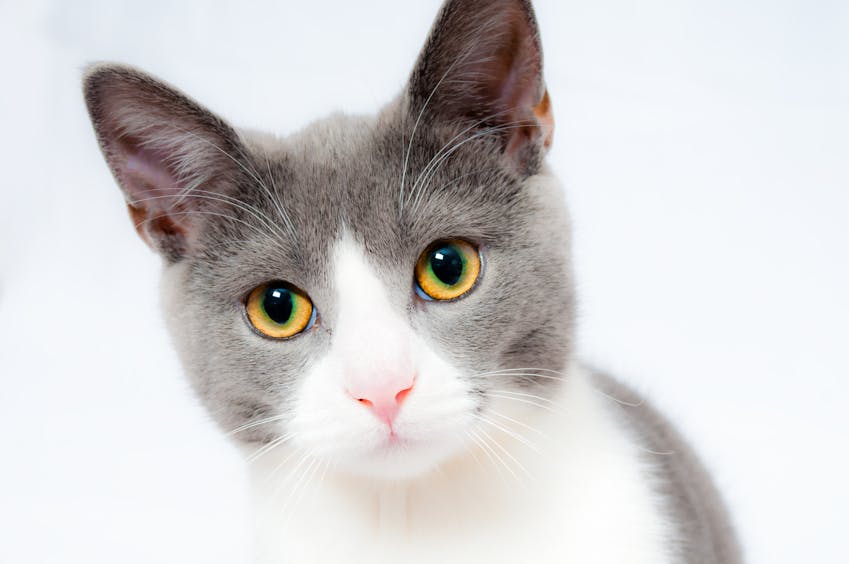Molasses is a common pantry staple that many pet owners might wonder about when their curious cats sniff around the kitchen. But is molasses safe for cats to eat? While it may seem harmless, it’s important to understand the benefits, risks, and safety precautions before sharing this sweet treat with your feline friend.
🐾 What Is Molasses?
Molasses is a thick, syrupy byproduct of sugar production made from sugarcane or sugar beets. It’s often used in cooking, baking, and as a natural sweetener. While molasses contains small amounts of nutrients like iron, calcium, and potassium, it is primarily composed of sugar.
Since cats are obligate carnivores, their bodies are designed to thrive on a diet rich in animal protein and low in carbohydrates. Understanding how molasses fits into their dietary needs is key to determining whether it’s safe for them to consume.
🐱 Can Cats Eat Molasses?
Cats can technically eat molasses in very small amounts, but it is not a necessary or beneficial part of their diet. Molasses is high in sugar, which can lead to various health issues if consumed in excess. While a tiny lick of molasses is unlikely to harm your cat, it’s best to avoid giving it to them intentionally.
Here are some important considerations:
- Cats lack taste receptors for sweetness, so they don’t naturally crave sugary foods like humans do.
- Excessive sugar consumption can contribute to obesity, diabetes, and dental problems in cats.
- Molasses is not toxic to cats, but the high sugar content offers no nutritional benefit.
🍯 Potential Benefits of Molasses for Cats
Although molasses is not recommended as a regular treat for cats, it does contain trace amounts of minerals that could theoretically provide minor benefits. However, these benefits are negligible compared to the risks associated with sugar consumption.
Some potential (but minimal) benefits include:
- Iron: Supports red blood cell production and helps prevent anemia.
- Calcium: Promotes healthy bones and teeth.
- Potassium: Helps regulate muscle function and hydration.
That said, the small amounts of these nutrients in molasses can easily be obtained through a balanced feline diet without the added sugar.
⚠️ Risks of Feeding Molasses to Cats
While molasses isn’t toxic, it can still pose risks to your cat’s health if consumed in significant quantities. Cats have very different dietary needs from humans, and sugary foods like molasses can lead to serious health problems over time.
Here are some potential risks:
- Weight gain: The high sugar content in molasses can contribute to obesity, especially in indoor cats with lower activity levels.
- Diabetes: Prolonged exposure to sugary foods can disrupt your cat’s blood sugar levels, increasing the risk of diabetes.
- Dental issues: Sugar can accelerate plaque buildup and lead to painful dental diseases like gingivitis.
- Digestive upset: Cats may experience diarrhea or vomiting if they consume too much molasses.
💡 Safe Ways to Treat Your Cat
Instead of molasses, consider offering your cat healthier treats that align with their natural dietary needs. Cats thrive on high-protein, low-carbohydrate snacks that are easy to digest and packed with nutrients.
Here are some safe and nutritious treat options:
- Cooked chicken or turkey (unseasoned)
- Freeze-dried meat treats
- Small pieces of cooked fish (like salmon or tuna)
- Cat-safe commercial treats with limited ingredients
If you’re ever unsure about whether a food is safe for your cat, consult your veterinarian for guidance. It’s always better to be cautious when introducing new foods to your pet’s diet.
😺 What to Do If Your Cat Eats Molasses
If your cat accidentally licks a small amount of molasses, there’s no need to panic. Monitor them for any signs of digestive upset, such as vomiting or diarrhea, but they are unlikely to experience any severe reactions from a tiny taste.
However, if your cat consumes a larger quantity of molasses, it’s important to watch for symptoms of sugar overload, such as:
- Increased thirst
- Frequent urination
- Lethargy or unusual behavior
- Vomiting or diarrhea
If you notice any concerning symptoms, contact your veterinarian for advice. In most cases, the effects will be mild and resolve on their own, but it’s always best to seek professional guidance for peace of mind.
FAQs
Can kittens eat molasses?
No, kittens should not eat molasses. Their developing bodies are especially sensitive to sugar, and they require a diet specifically formulated for their growth needs.
Is molasses toxic to cats?
No, molasses is not toxic to cats. However, it is high in sugar and offers no nutritional benefits, so it’s best to avoid giving it to your cat.
What should I do if my cat loves sugary foods?
While some cats may show interest in sugary foods, it’s important to redirect their attention to healthier, cat-appropriate treats. Consult your vet for safe snack recommendations.
Can molasses help with constipation in cats?
Molasses is sometimes used as a natural remedy for constipation in humans, but it is not recommended for cats. If your cat is constipated, consult your veterinarian for safe treatment options.
Are there any natural sweeteners that are safe for cats?
No, cats do not need sweeteners of any kind. Their dietary needs are best met through high-quality cat food and protein-based treats.
References
Book a $49 online vet consultation at https://www.dialavet.com for fast, expert advice.























